
Industrial-organizational (I-O) psychologists conduct research to better understand why workers behave in certain ways at work. They utilize their research to develop techniques meant to enhance productivity, assist managers assigning employees to project groups, and improve product testing methods.
Education and Training
Many colleges and universities offer undergraduate and graduate degrees in industrial-organizational psychology. Most I-O psychologists with bachelor’s degrees specialize in human resources, but jobs opportunities are available in other fields. Those holding graduate degrees typically enjoy better job opportunities and earning potential.
I-O psychologists with master’s degrees are frequently employed by government agencies, human resources consulting firms, and private companies. Because many organizations now rely on I-O psychologists, more universities are administering I-O master’s degree programs. I-O psychologists with doctorate degrees occasionally get promoted to management and other high-level positions.
Typical Job Positions for Those with Bachelor’s or Master’s Degree
- Workforce Insights Analyst/Manager
These specialists collect and analyze data to improve decision making, hiring, training, organizational development, performance evaluation, and workplace safety.
- Evaluation & Assessment Analyst/Manager
These specialists design and prepare evaluation plans for management, group projects, and other company initiatives.
- Professional Development
These specialists design and organize projects designed to support and develop workers. They also evaluate employee training programs and recommend changes to them when necessary.
- Talent Management Specialist/Manager
Talent managers develop and manage talent management programs intended to train supervisors and leaders. These specialists must understand what knowledge and skills managers should possess to excel at their jobs.
- HR Organizational Development Specialist
HR specialists are responsible for determining their organization’s current and future staffing needs. They also design and lead employee training and development programs.
- Trainer
Trainers consult with companies that want their employees trained. They frequently train employees in class and workrooms. Trainers also collect and analyze data.
- Test and Measurement Specialist
These specialists observe and interview workers to learn what type of skills are necessary for specific jobs. They also develop tests to measure employee aptitude and skills.
- Organizational Effectiveness Director
These specialists discuss goal planning and organizational development with executives and managers. After meeting with leaders, they develop plans to meet goals and train employees.
- Senior Organization Development Advisor (also Career Planning)
These specialists identify and recruit new employees and design staff training programs. They also organize and administer 360° tests, collect feedback, and organize training sessions.
Source: www.psychologycareercenter.org

|
thinksport SPF 50 Plus Sunscreen, 3 Ounce (Packaging May Vary) Beauty (thinksport)
|
You might also like:

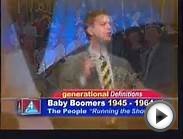
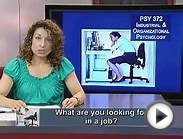

|
Thinksport Kid's Safe Sunscreen SPF 50+, 3oz Beauty (thinksport)
|
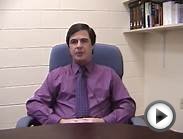
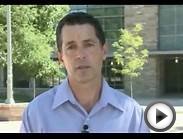
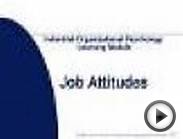
|
Benchmarking R&D and companies through patent analysis using free databases and special software: a tool to improve innovative thinking [An article from: World Patent Information] Book (Elsevier) |
|

|
Master Class Vol.3: Alexander Alekhine & ChessCentral's "Art of War" E-Book: (2 Item Bundle) Software (ChessCentral)
|
|
The troubling future of internet search: data customization is giving rise to a private information universe at the expense of a free and fair flow of ... An article from: The Futurist Book (World Future Society) |

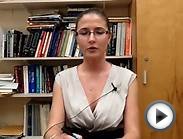
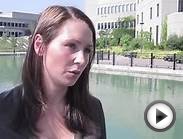





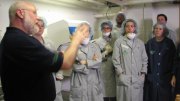









Start by collecting data at your college placement office. You could start with the Bureau of Labor Statistics and see what else the counselor suggests.